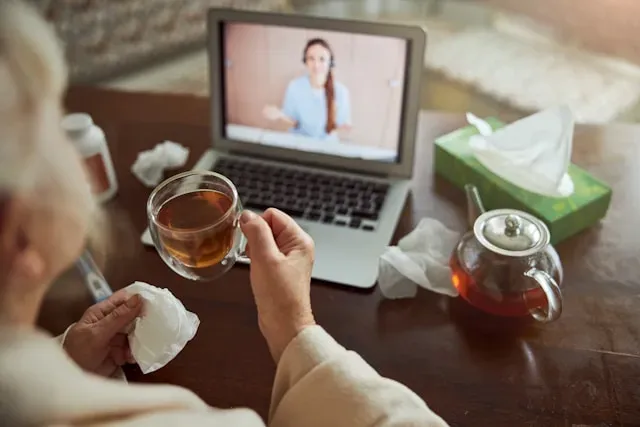
Telepsychiatry
Access mental health care remotely with telepsychiatry. Practical, convenient, and confidential therapy sessions from the comfort of your home.
Get carepatron free
Commonly asked questions
Yes, research has shown that telepsychiatry can be just as effective as traditional face-to-face therapy for many mental health conditions.
Telepsychiatry platforms use encryption and secure connections to protect patient privacy and confidentiality during sessions.
Many insurance providers now offer coverage for telepsychiatry services, but it's best to check with your specific insurance plan to confirm coverage details.







